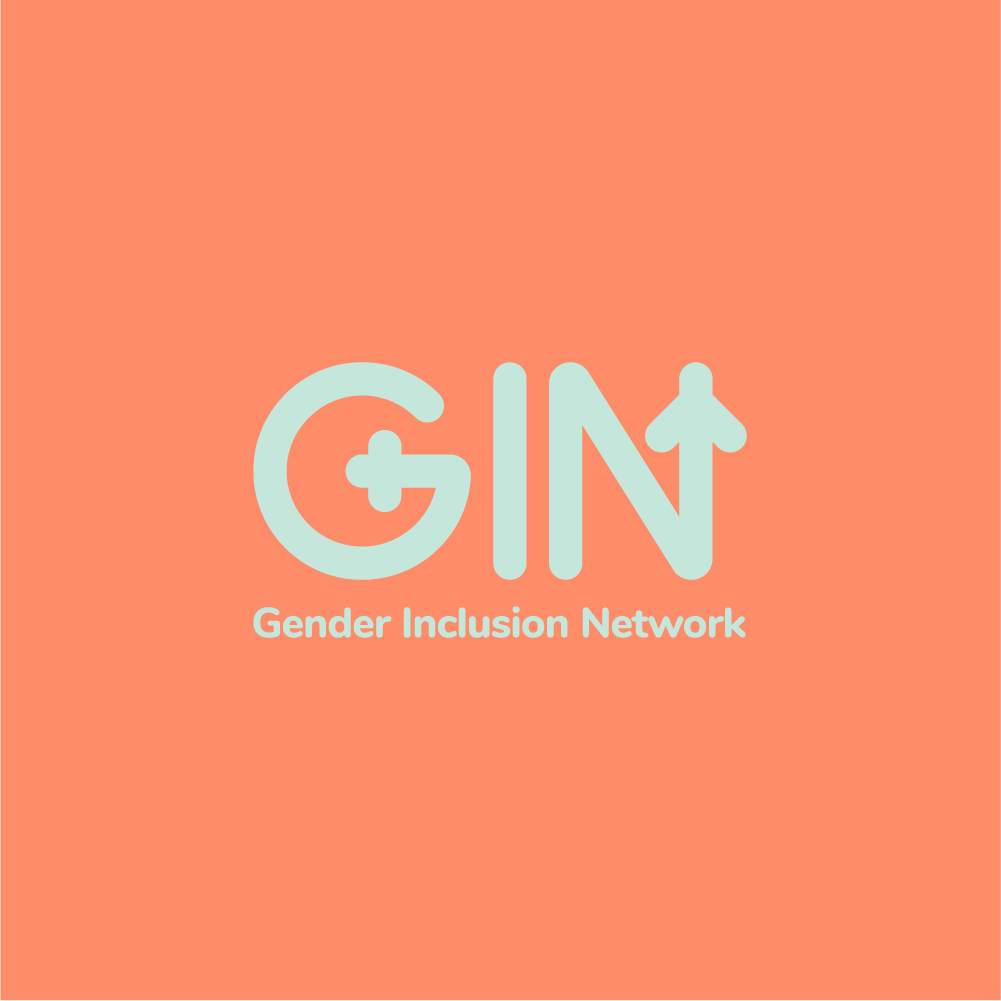Celebrating Ramadan during the Coronavirus pandemic
Our committee member Anisa Farheen shares her reflections on celebrating Ramadan during the Coronavirus pandemic
As a Muslim, I’ve been celebrating Ramadan since I was 11 - so it’s been a huge part of my life for a long time. If you aren’t aware of the Muslim religious calendar, Ramadan is a month-long holy celebration of fasting, prayer, reflection and community – which usually means spending lots of time with loved ones. Sadly due to COVID-19, this year things have been a little different. Lockdown has made everyone adjust, which has been tough at times, but has also opened new opportunities for different forms of celebration.
A change in traditions
In the past going to my local mosque in East London for Taraweeh (the late-night prayers) was a really important part of our celebration as it offered a chance to be with family, friends and neighbours at this special time. Not coming together in this for the first time in years was definitely the most difficult thing for me this year – but it’s made us come up with new ways to be together- often helped by technology! Much like an adjustment to my working routine, video conferencing and phone calls made me feel much more connected to my friends and family.
During Ramadan it’s also really important to dedicate time to prayer and reflection. As we couldn’t pray together in person this year, I decided to clear a corner of my bedroom to form a special prayer area to read the Qur'an, pray and focus more on my religion during the month.
My goal was to finish reading the Qur'an at least once during Ramadan – and the increased time spent at home without my usual commute to the Chubb office has actually made that easier! I managed to read the Qur’an in just fifteen days, which allowed me to go back and reread the text again – something I would normally struggle to fit in to my routine.
It was also lovely to spend more time cooking at home, particularly getting to experiment with new recipes which added some new variety to our usual fried foods like pakoras and samosas. Sweet chilli chicken, and cauliflower & sweet potato fritters were new additions to our dinner table for this year’s celebration, but of course there were still plenty of the old favourites!
Breaking of the fast
I also really missed celebrating Iftar (the breaking of the fast at sunset) with my family and friends this year. We usually all come together to celebrate, and there’s a special kind of energy and emotion in the air that you don’t get on any other day of the year. This year we came together on FaceTime for our family du'a (supplication) before breaking our fast – some were definitely better at the technology than others!
Although I spent most of the month at home for Ramadan, this year actually felt much more tiring than usual. I think this is probably down to a change in routine and remaining sedentary can make you feel more lethargic which I noticed day-to-day. I can only imagine how it must have been for parents who are balancing young children with the holy month, as well as working from home!
Eid-ul Fitr was also different as again, we couldn’t visit friends and family or go to the mosque, but I still followed my usual Eid routine of cooking, cleaning, bathing and getting dressed up to celebrate Sunnah (the way of the Prophet).
I feel incredibly lucky to have a manager who is understanding of my celebration of Ramadan, allowing me to manage my time flexibly and at my own pace which really helped.
Terminology
If you aren’t familiar with some of the terms used here, we’ve included a short description of each below:
Sunnah is the Arabic word of doing activities in our daily lives the way the Prophet Muhammad (Peace be upon him) used to do when he was alive.
Taraweeh is the Arabic word a special ritual prayer that takes place every night after our last of our 5 daily prayers during the month of Ramadan which consists of upto 20 units of prayer.
Iftar is Arabic word for breaking of the fast at sunset.
Eid is an Islamic festival that that happens twice a year. Eid-ul Fitr means ‘Festival of breaking the Fast’ and is the celebration that marks the end of the month long fasting we did in Ramadan.



